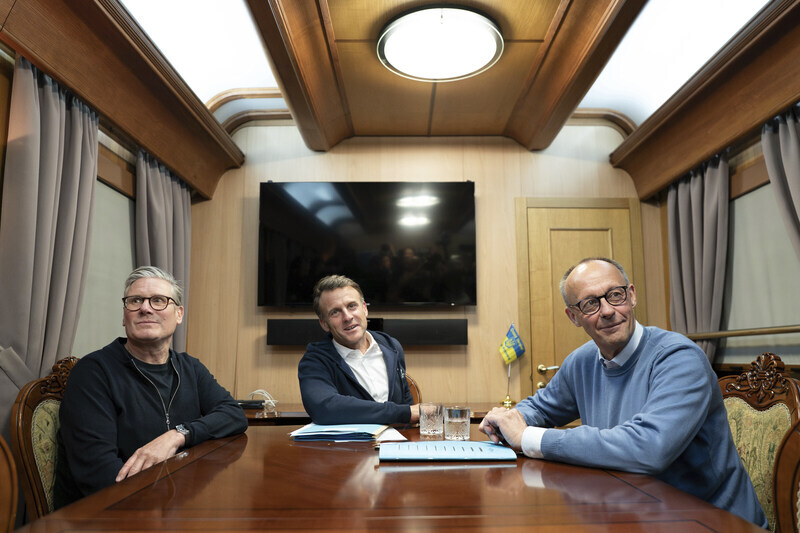German Chancellor Friedrich Merz has expressed strong support for an EU-wide ban on the Nord Stream gas pipelines to prevent any attempts by the United States and Russia to reactivate them. This move is part of the European Union’s upcoming sanctions against Russia in response to its ongoing war in Ukraine.
Reports have surfaced about discussions between U.S. and Russian business entities exploring the possibility of restarting the damaged pipelines. In response, Merz has coordinated with EU leaders to include Nord Stream in the sanctions list, aiming to “Europeanize” the issue and shield Germany from bilateral pressure.
Although Germany does not own the pipelines, it holds significant control, as any reactivation would require Berlin’s authorization. The sanctions will specifically target Nord Stream 2 AG and associated entities. EU Commission President Ursula von der Leyen has backed the sanctions following consultations with Merz, but the package requires unanimous approval from EU member states.
The Nord Stream pipelines, once emblematic of Germany-Russia economic ties, have become politically divisive. While some residents of Mecklenburg-Vorpommern and certain politicians from the CDU and SPD parties advocate for resuming Russian gas imports, Merz maintains that the sanctions aim to cut off Russian revenue used for war efforts. The far-right AfD party also supports reactivation amid economic stagnation and high energy costs.
In a related development, reports indicate that Russian and U.S. negotiators held secret talks on resuming gas flows to Germany via the Nord Stream 2 pipeline. The Swiss-based operator of Nord Stream 2 and other Russia-based entities linked to the $11 billion pipeline are currently under U.S. sanctions. The discussions are seen as part of efforts to rebuild ties between the U.S. and Russia. However, the German government has not participated in these talks, and it remains unclear whether a deal to restart Nord Stream 2 will materialize.
The European Commission is also set to announce a strategy requiring EU companies to terminate all remaining energy contracts with Russia by 2027, with spot market gas contracts to end by the close of 2025. This move intensifies efforts to eliminate dependency on Russian fossil fuels following the 2022 Ukraine invasion. The plan includes ending reliance on Russian nuclear fuel and parts, with most dependent countries transitioning to U.S. suppliers. The Commission remains confident the measures won’t compromise EU competitiveness or burden citizens.
Russia Response
In reaction to the European Union’s proposed sanctions targeting the Nord Stream pipelines, Russia has issued strong statements and warnings. Russian President Vladimir Putin asserted that Germany could easily restart the Nord Stream 2 pipeline, claiming that only political considerations prevent its activation. He emphasized that the United States has created conditions detrimental to the German economy, leading to sectors relocating abroad.
Furthermore, Russian Foreign Minister Sergey Lavrov mentioned ongoing discussions between the U.S. and Russia regarding the Nord Stream pipelines. He suggested that these talks aim to pressure Europe into reconsidering its stance on Russian gas imports, highlighting the complex geopolitical dynamics at play.
In addition to these diplomatic responses, Russia has warned the European Union against imposing restrictions on Russian media outlets. Russian Foreign Ministry Spokeswoman Maria Zakharova stated that such actions would lead to swift and severe retaliatory measures against Western correspondents in Russia, signaling potential escalation in media-related tensions.
These developments underscore the ongoing geopolitical complexities surrounding the Nord Stream pipelines and the broader energy and media relations between Russia and the European Union. As the EU moves forward with these sanctions, the future of the Nord Stream pipelines remains uncertain, with geopolitical tensions and energy security concerns now at the forefront of discussions.








